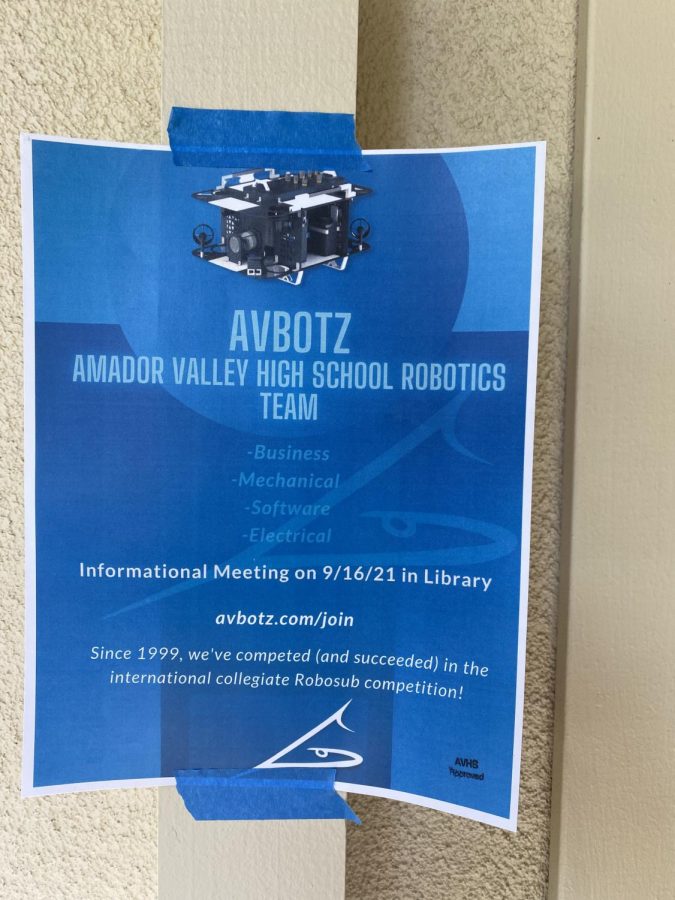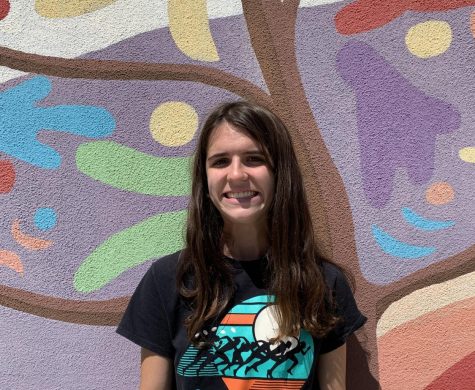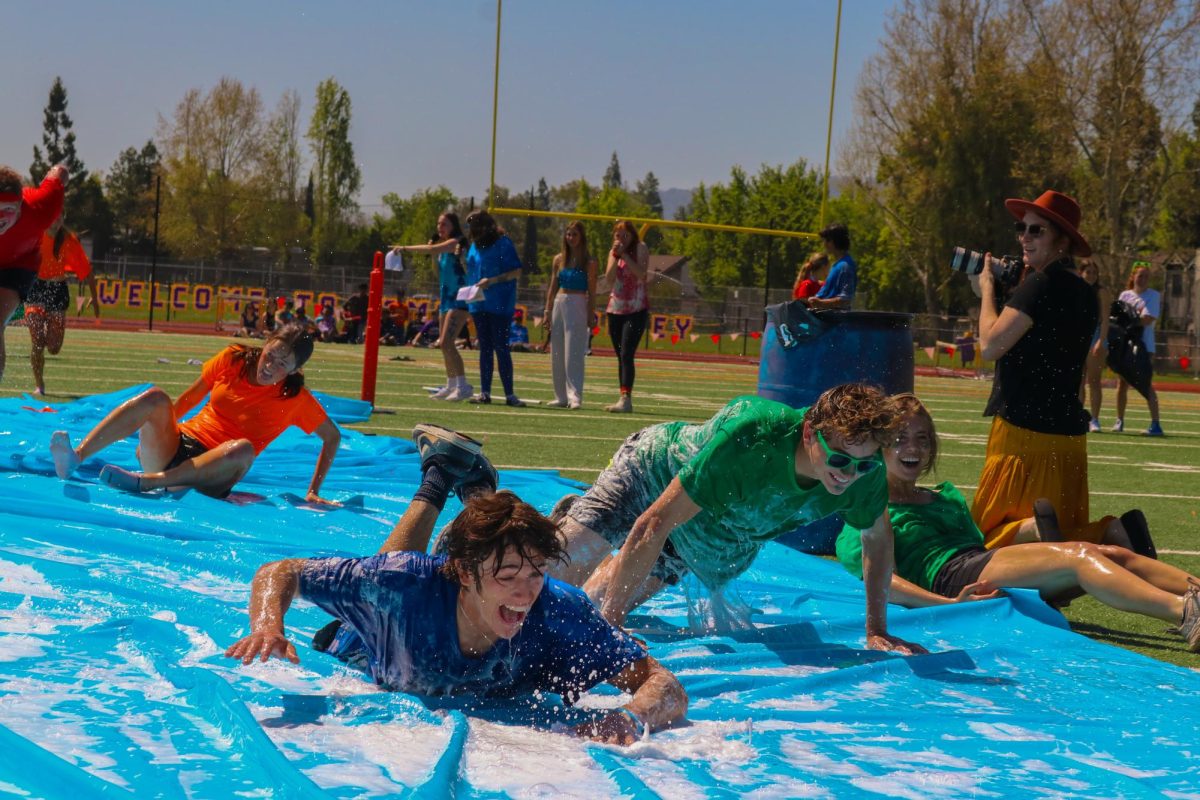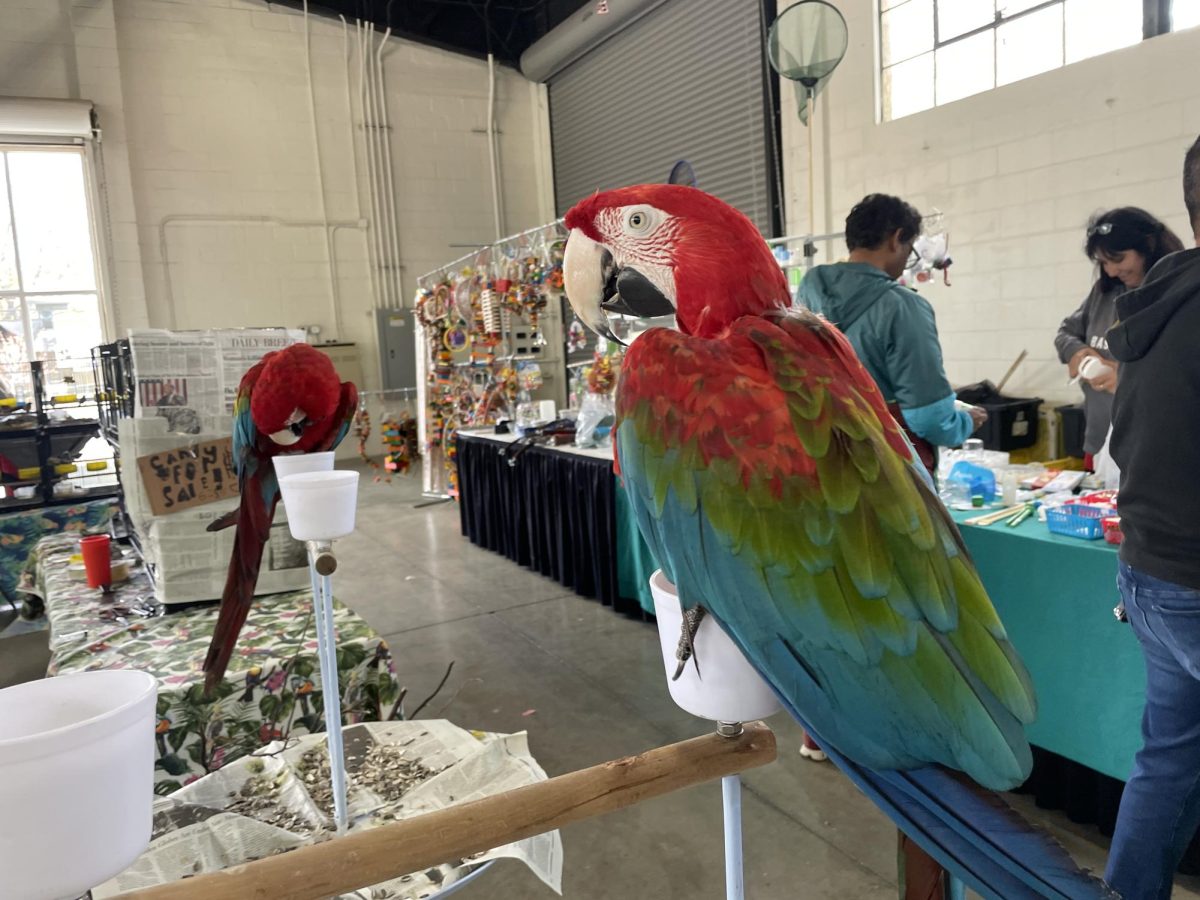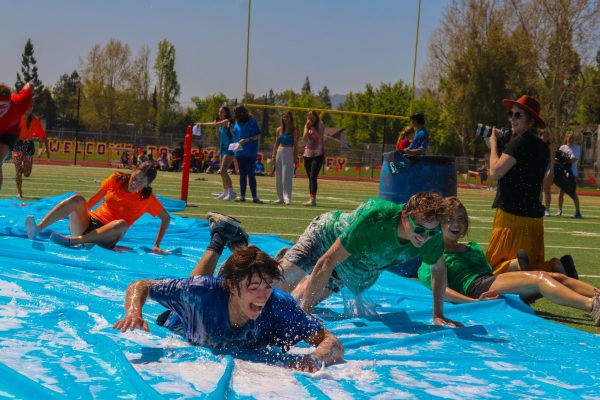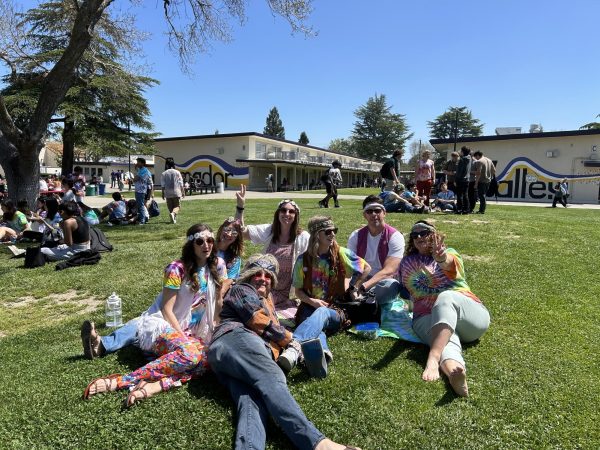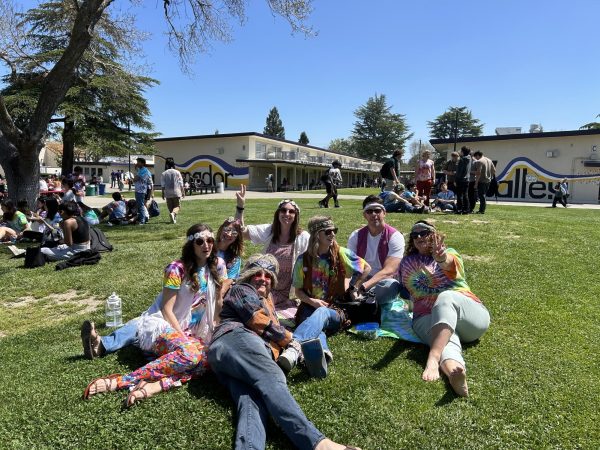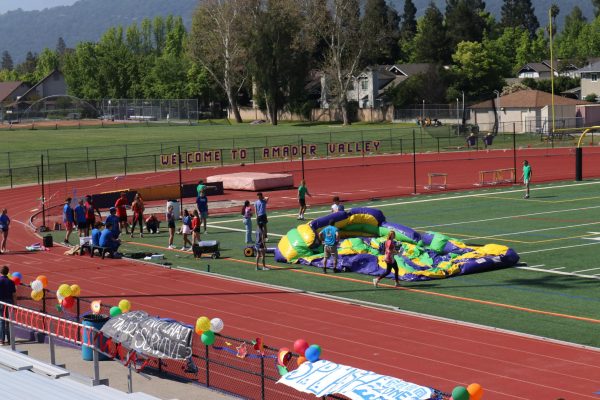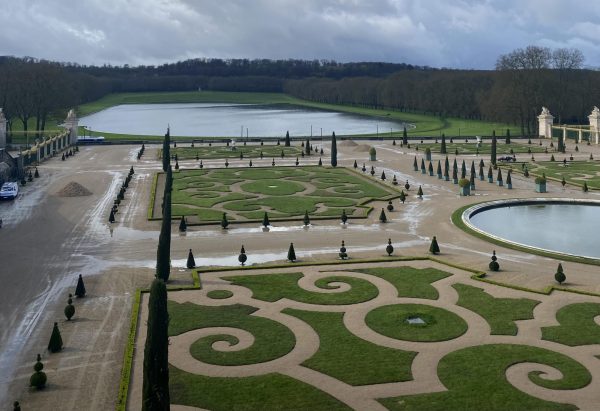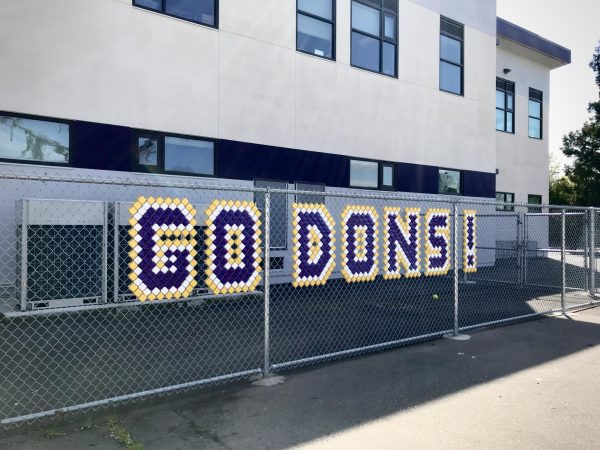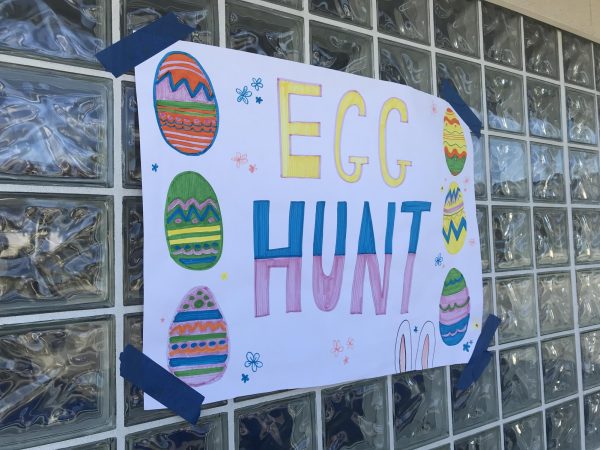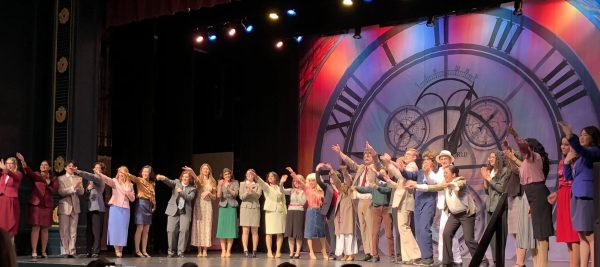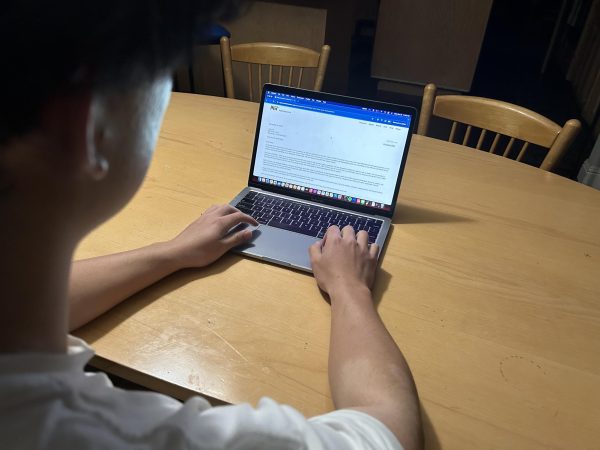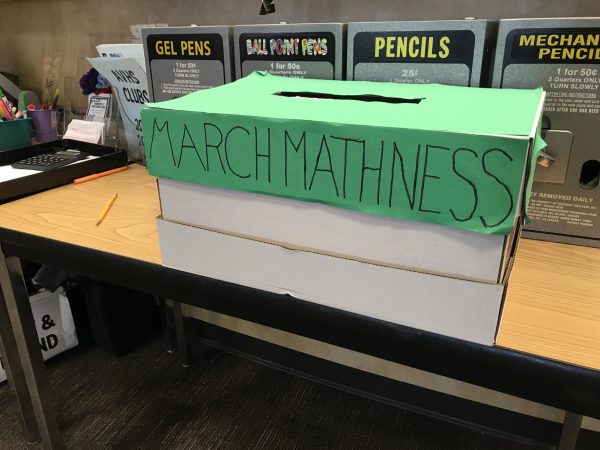Club chaos at Amador
Advertisements for clubs can be seen around campus in every corner, hoping to recruit members and increase campus morale and participation.
September 18, 2021
With returning clubs and new clubs rushing to become official in order to hold meetings and get started this year, ‘club chaos’ is here.
“I have seen a record increase in new club applications this year. We have a limit of 25 new club applications and I have already received nearly twenty to twenty three new club applications,”said ASB Vice President Grace MacNeil (‘22).
With an increase in club interest peaking after the virtual year, this leaves McNeil with the job of approving these new clubs while also making sure the club renewal process for previous clubs have gone through smoothly, which takes patience for all parties involved but is necessary in order to keep our extracurriculars in quality standing.
“I receive anywhere from 15 to 30 emails a day but that also includes sending as well. So in total I send and receive about thirty emails,” said MacNeil.
How does the club renewal process work?
Clubs at Amador range in diversity and size from STEM oriented groups like AV Botz to fitness clubs like Fellowship Christian Athletes (FCA). Each club must follow a set of rules and regulations in order to be a part of the community, which includes clubs being unique to one another, meaning no duplicate clubs will be allowed to coexist at Amador. These guidelines set a precedent for the quality of the extracurriculars offered at the school, and allow students a wide variety of organizations that are well maintained and offer many opportunities.
“Each club on our campus must serve a role of benefitting the student body and so any new club application that is submitted we follow very closely. We take in the highest consideration if they are going to benefit the Amador community,” said MacNeil.
In order to make sure that the clubs started on campus are positive for the overall school, new clubs must be voted on by the leadership team in order to ratify the club. This process helps to represent the best interest of the people in a fair ruling. The club must present themselves to the Legislative Council made up of leadership students, the representatives of our school.
“Legislative Council is when that club will come and present to the leadership classroom and that leadership class will vote to pass, deny, or talk more to the club depending on their general feelings about the clubs and if they should be part of our campus,”said MacNeil.
Many old clubs here at Amador have also coordinated with McNeil this year in order to renew their clubs. They were sent the paperwork in early summer and required to turn it in by the end of August or else their club would expire. The AV Botz club, founded in 1999, is one of the oldest clubs on campus and they sent in their renewal paperwork at the end of August.
“I think we really picked it up at the beginning of August and we managed to get the forms done with a large margin to spare,” said Edward Ding(‘22).
Pigskin is occurring this year on September 24th and is a big opportunity for these clubs to fundraise before the game in order to raise money for competitions, equipment, and expansion. This event can also raise student awareness about the diverse clubs at Amador, and is a way for students to invest in these clubs.
“After not being on campus last year it is an event I think is needed for the student body, not only to interact with each other but also to promote school spirit, ” said MacNeil.

